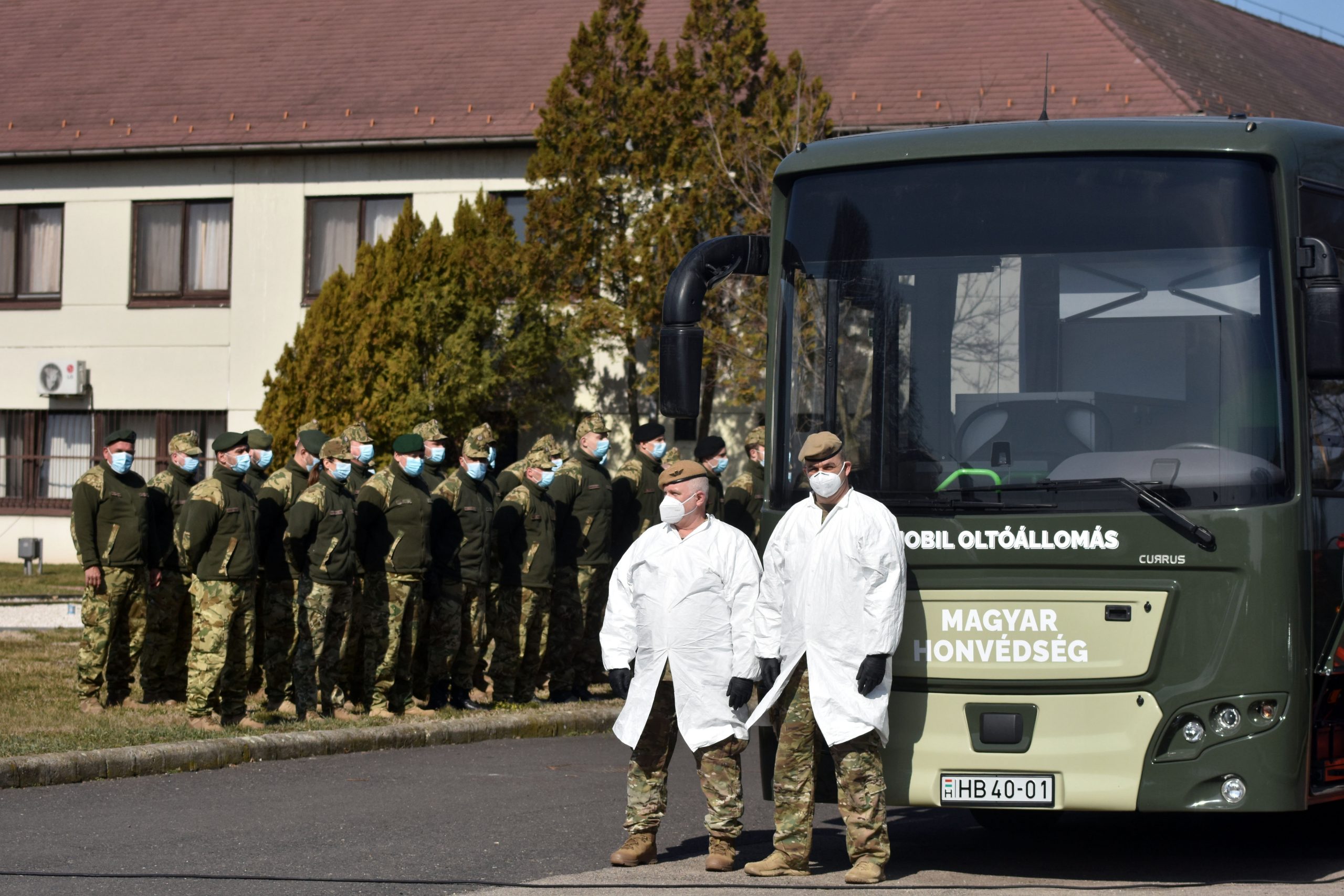
There aren't enough police and firefighters on duty now, and because of this recent decision "there will be no one to get the job done," according to the president of one of the trade unions.Continue reading

Although teachers’ union PDSZ claims the government made a promise to reconsider the union’s request to revoke compulsory vaccination for teachers, the government firmly denies this.
Following Italy, Hungary was the second country in Europe to introduce the compulsory vaccination of teachers. The Orbán government announced at the end of last month that from November 1, every employee in public education, vocational training, and higher education institutions will be required to be inoculated. In case a teacher decides not to comply with the new regulation, they can be sent on a year-long unpaid leave by their employer.
The decision has provoked strong opposition in Hungary, with several teachers’ unions fiercely criticizing the decision, arguing that teachers should not be forced to be vaccinated. Moreover, they believe that the introduction of compulsory shots could lead to further movement of the workforce in a sector already facing a serious employee shortage.
According to Erzsébet Nagy, board member of the of teacher union PDSZ, those educators who have not yet applied to get the vaccine are going to firmly stick to their decision, thus possibly leading to a massive exodus from public education.
Another major point of criticism, according to Nagy, is the lack of uniform regulation, as in contrast to state institutions, the maintainers of church, foundation, and municipal educational institutions can decide whether to make vaccination mandatory, whereas it would be much better to have a legislation that applies to all.
Zsuzsa Szabó, president of teacher’s union, PSZ, told ATV the dire shortage of teachers could put schools in a difficult situation, made worse by the fact that it is the middle of the school year. This means that if one person decides not to be vaccinated and is sent away, a whole school could be paralyzed, the president said. According to the government, eighty percent of teachers have already been vaccinated, although the teacher’s unions have not received the exact numbers.
Last week, PSZ and PDSZ held talks with the Ministry of Human Resources (EMMI), which is responsible for public education, and asked the government to withdraw the compulsory vaccination in the public sector.
Later, Erzsébet Nagy told daily Népszava that they had been promised that the government would reconsider the unions’ demands by next Wednesday.
In response to the news however, the EMMI issued a statement noting that government representatives had made no such promise.
The ministry acknowledged they indeed received such a demand but it was not about the compulsory vaccination of teachers but the withdrawal of the entire legislation, which goes far beyond the scope of individuals represented by the teachers’ unions, EMMI wrote.
Featured photo illustration by Attila Balázs/MTI